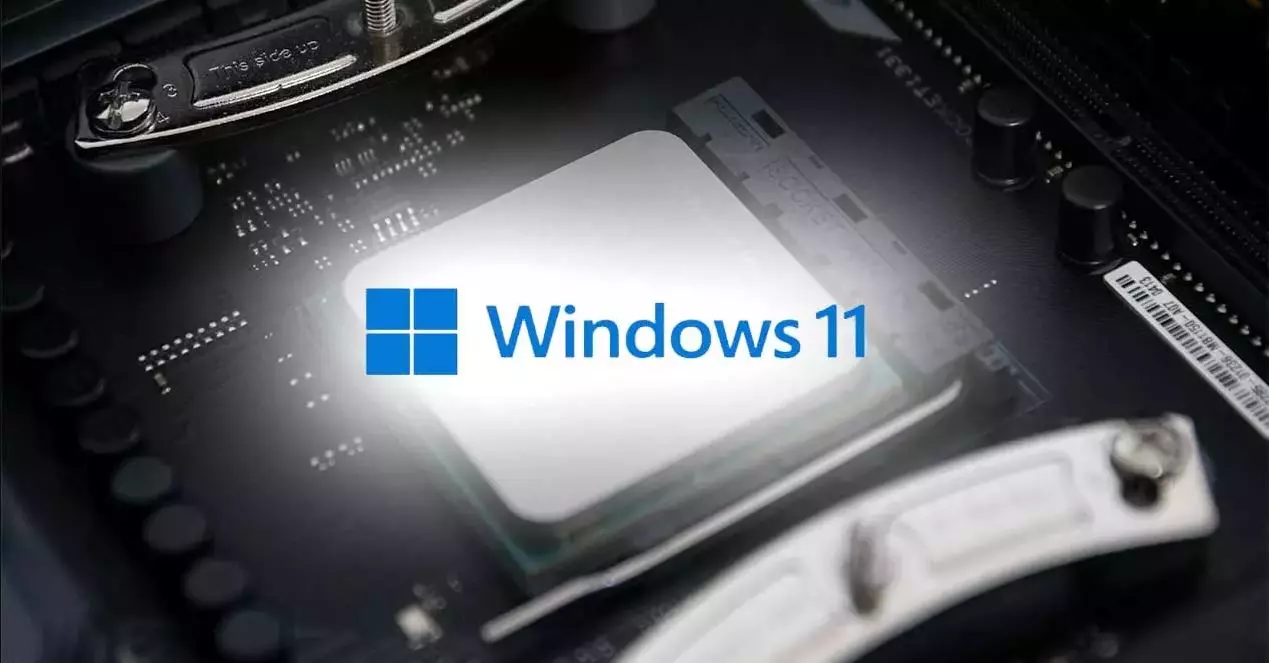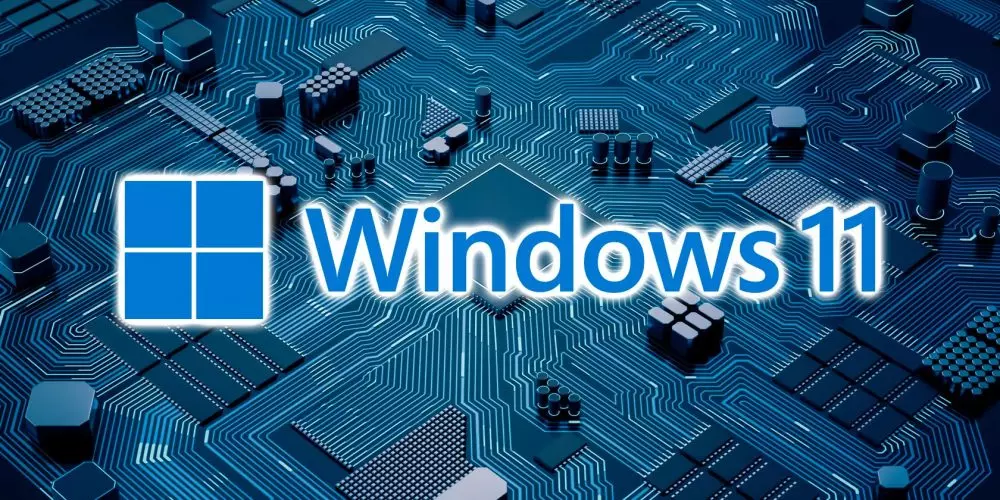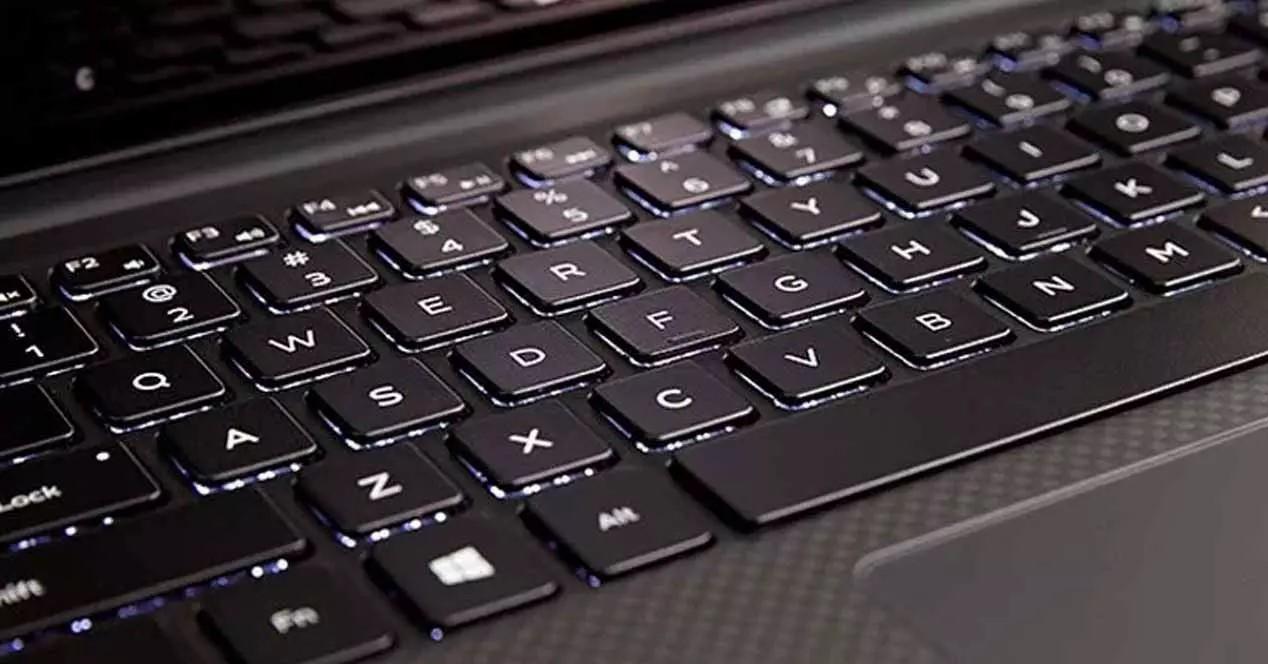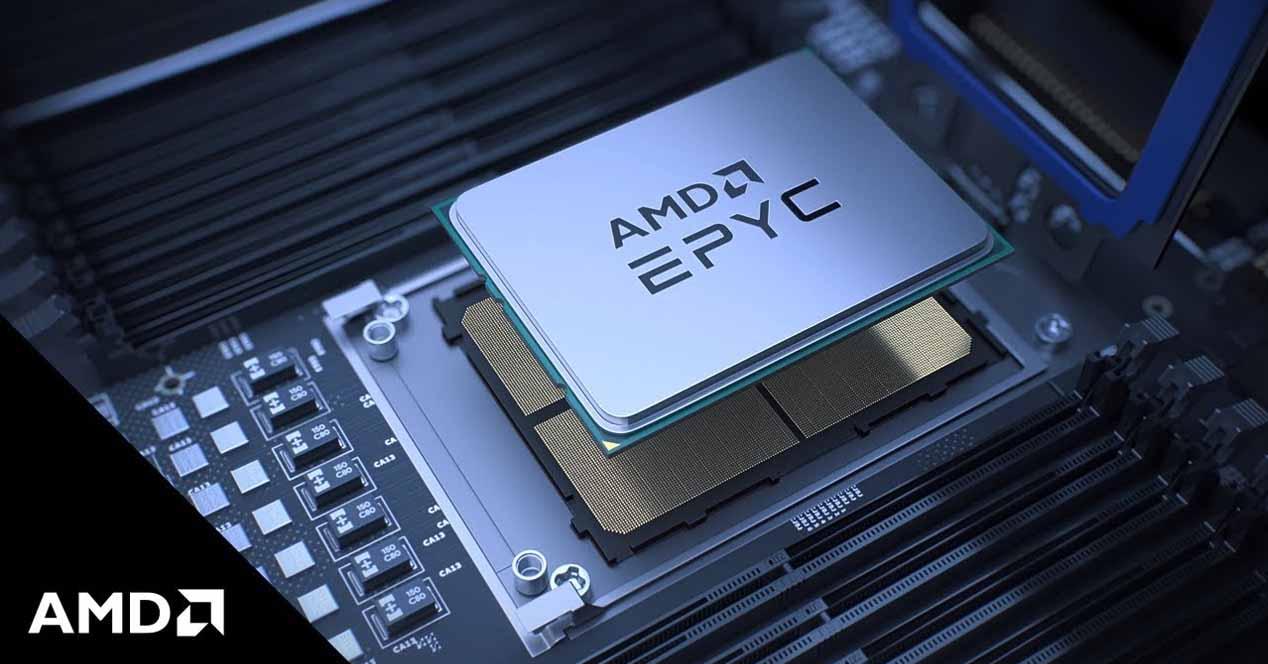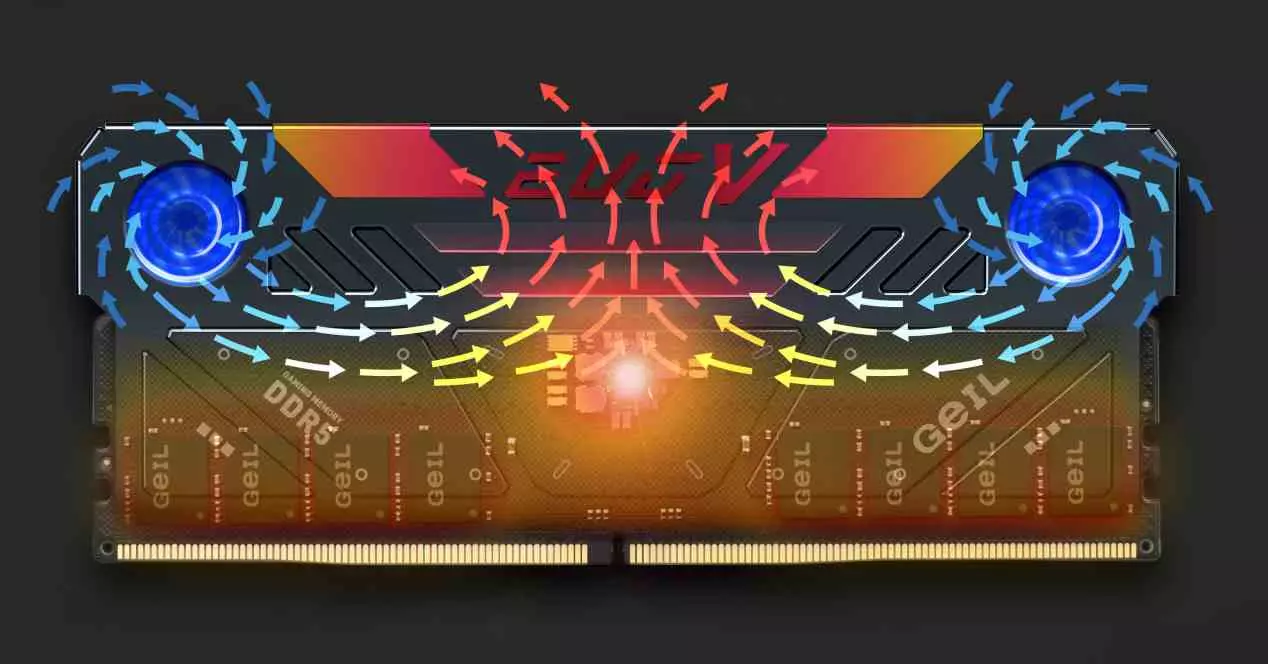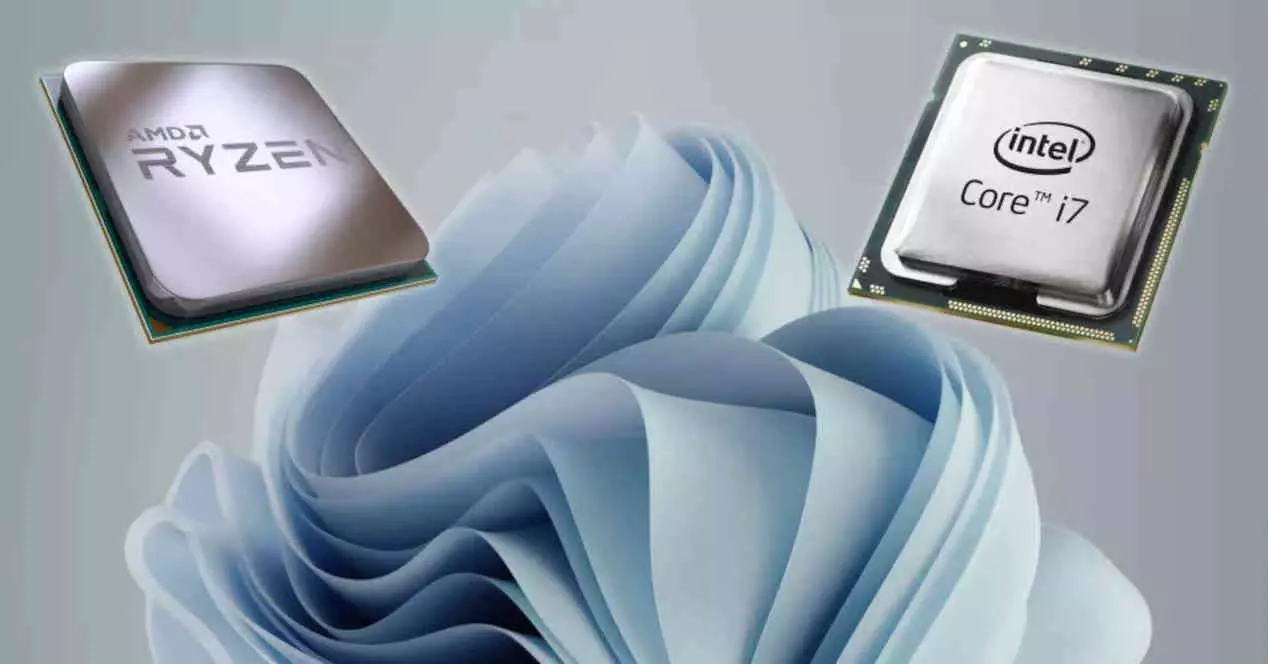
The pleas of users as well as Intel and AMD seemed to take effect in the almighty Microsoft, where the siren songs were undoubtedly a light in the dark for all those with very capable platforms and who were going to be left out of Windows 11. Intel manages to expand the list of support for its CPUs, but on the other hand many others are going to be left out. AMD has not suffered the same fate and …
Intel achieves compatibility and support from Microsoft for Windows 11
It is a small victory for Intel over AMD, but at the same time nonsense on the part of Microsoft, and we explain ourselves. Microsoft has confirmed that CPU support will be updated shortly with a number of very specific Intel CPU models, while many others will be left out despite having the same architecture.
The new processors supported by Microsoft belong to Skylake-X and only one to Kaby Lake, which is raising blisters on the network. These processors are:
- i9-7960X
- i9-7980XE
- i9-7900XM
- i9-7920X
- i7-7800X
- i7-7740X
- i7-7940X
- i7-7820HQ
As we see and except for the last HQ, they all belong to Skylake as an architecture, but they belong to Intel’s HEDT platform and not to the mainstream range where the 7700K and its lower brothers are left out.
The entire Kaby Lake range is left behind, Microsoft will block updates
The i7-7820HQ is the only CPU that is supported within the Kaby Lake architecture, why? Because it was the CPU that used the Microsoft Surface Pro and now Microsoft supports them with the excuse / argument that it is one of the select devices that ships with modern drivers based on the design principles of Declarative Hardware and Component Support (DCH) applications.
That is, it is not a hardware and architecture problem, it is a software problem. Something similar seems to happen in the first generation AMD Ryzen, CPUs more than capable to move Windows 11 and that Microsoft will leave out with these statements:
After carefully analyzing the first generation of AMD Zen processors in partnership with AMD, together we came to the conclusion that there are no additions to the list of supported CPUs.
The answer is technically quite convincing, but there is no evidence to show this, as the company claims that devices that did not meet the necessary requirements experience a 52% more kernel crashes Windows 11 than those that are already validated. But of course, this also includes those devices that do not comply with the RAM or storage, not with the CPUs themselves, hence the controversy with the decision returned to such an extent that Microsoft had to withdraw its tool two months ago. PC Health Check.
Is it real that the first generation Ryzen as well as Kaby Lake, Broadwell and Haswell do they perform worse or are they unsafe? Or is it instead an excuse for many users to make the leap to new hardware?
